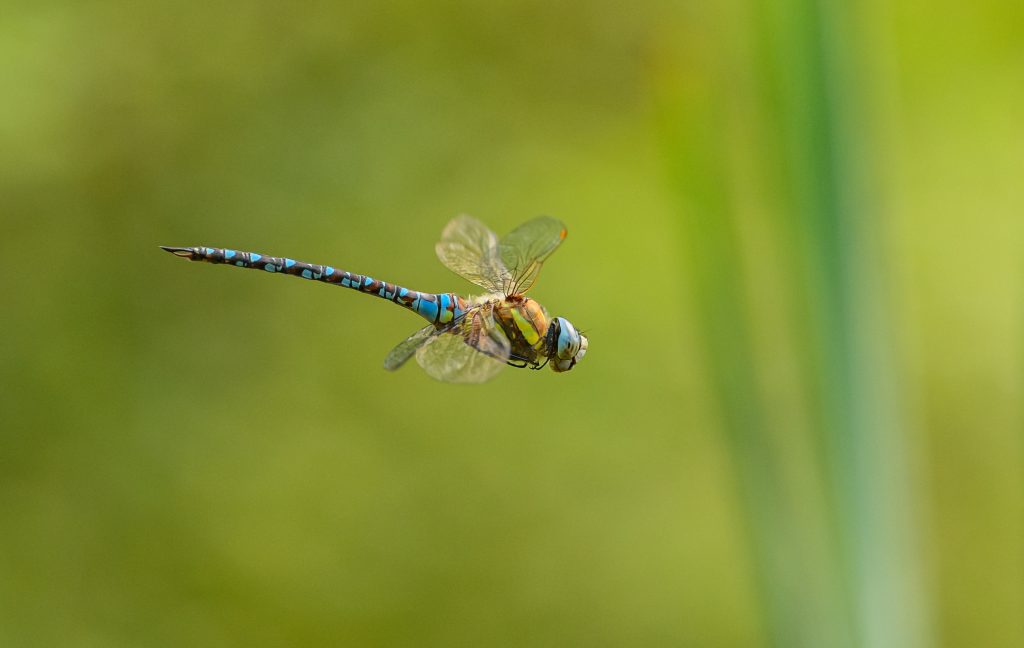Have you ever wondered why Rottweilers growl when they’re happy? It may seem contradictory at first, but this unique behavior in these lovable dogs has a fascinating explanation. When a Rottweiler is feeling joyful and content, their growls are actually a form of communication and expression of their happiness. In this article, we will explore the reasons behind this seemingly paradoxical behavior and shed light on the complex emotions that drive these growls. So, let’s uncover the mystery behind why Rottweilers growl when they’re happy!
Why Do Rottweilers Growl When They’re Happy?
Understanding Rottweiler Behavior
Rottweilers are a strong and powerful breed known for their loyalty, intelligence, and protective nature. To understand why they growl when they’re happy, it is important to have a deeper understanding of their behavior and communication patterns. Rottweilers have specific ways of expressing their emotions, and growling is one of them.
Canine Communication
Communication is essential for any living being, and dogs are no exception. Canine communication involves a combination of body language, facial expressions, vocalizations, and other non-verbal cues. Understanding these forms of communication is crucial for interpreting a dog’s emotions and intentions accurately. By paying attention to their communication signals, including growling, we can gain insight into a Rottweiler’s emotional state.

The Different Types of Growling
Growling is a vocalization that can have various meanings depending on the context. It is essential to differentiate between different types of growling to understand why Rottweilers growl when they’re happy. Defensive or fearful growling occurs when a dog feels threatened or cornered, while aggressive or warning growling is a sign of aggression or discomfort. Playful or excited growling is common during playtime and usually accompanied by a wagging tail and relaxed body. Happy or content growling, on the other hand, is often accompanied by a relaxed body posture, wagging tail, and an overall friendly demeanor.
The Connection Between Happiness and Growling
Growling is not limited to negative emotions and can also be associated with positive emotions like happiness. When a Rottweiler is happy or content, growling can be their way of expressing joy and excitement. Being able to vocalize their happiness can strengthen the bond between a Rottweiler and their human companion.

Instinctual Behavior
Understanding the instinctual behaviors of Rottweilers is crucial in comprehending why they growl when they’re happy. Rottweilers have a long history as working and guarding dogs, and their genetic makeup influences their behavior. Instinctual behaviors, such as guarding and protecting, play a role in a Rottweiler’s overall demeanor, and growling is one way they communicate their emotions.
Socialization and Training
Proper socialization and training are key factors in shaping a Rottweiler’s behavior, including their tendency to growl when they’re happy. Early socialization helps Rottweilers to develop positive experiences with people and other animals, thereby reducing fear and aggression. Positive reinforcement-based training methods, which involve rewarding desirable behaviors, can also contribute to a Rottweiler’s overall happiness and well-being.

Positive Reinforcement
Positive reinforcement is an effective training technique used to shape desirable behaviors in Rottweilers. By rewarding a Rottweiler for displaying the desired behavior, such as happy growling, we can reinforce that behavior and encourage its repetition. This positive association can help establish a strong bond between the Rottweiler and their human companion.
Environmental Factors
The environment in which a Rottweiler lives can have a significant impact on their behavior and emotional well-being. Providing a safe and stimulating environment that meets their physical and mental needs is crucial. Creating a stress-free environment and minimizing anxiety can contribute to a Rottweiler’s overall happiness, reducing the likelihood of growling out of fear or discomfort.

Individual Differences
It is important to recognize that each Rottweiler is a unique individual with their own personality and characteristics. While growling when happy may be common among Rottweilers, there can be individual differences in how they express their joy. Some Rottweilers may growl more frequently and intensely, while others may show their happiness in subtler ways. Understanding and respecting these individual differences is key to building a strong and loving relationship with your Rottweiler.
Recognizing Happy Growls in Rottweilers
Recognizing happy growls in Rottweilers can be relatively straightforward when you know what to look for. Happy growls are usually accompanied by a relaxed body posture, loose wagging tail, and an overall friendly and approachable demeanor. It is important to pay attention to the context in which the growling occurs. If the Rottweiler is engaged in playful activities or interacting positively with you or other animals, the growling is likely an expression of happiness.

Conclusion
Understanding why Rottweilers growl when they’re happy is key to building a strong and positive relationship with these wonderful dogs. By recognizing their unique communication patterns and providing them with the right socialization, training, and environment, we can help them express their happiness in a healthy and enriching way. Remember, each Rottweiler is an individual, so take the time to understand and appreciate their unique ways of showing happiness. With love, care, and understanding, your Rottweiler will thrive and bring joy to your life through their growls of happiness.
 Care The Pet Only The Good Stuff For Pet Caring
Care The Pet Only The Good Stuff For Pet Caring




